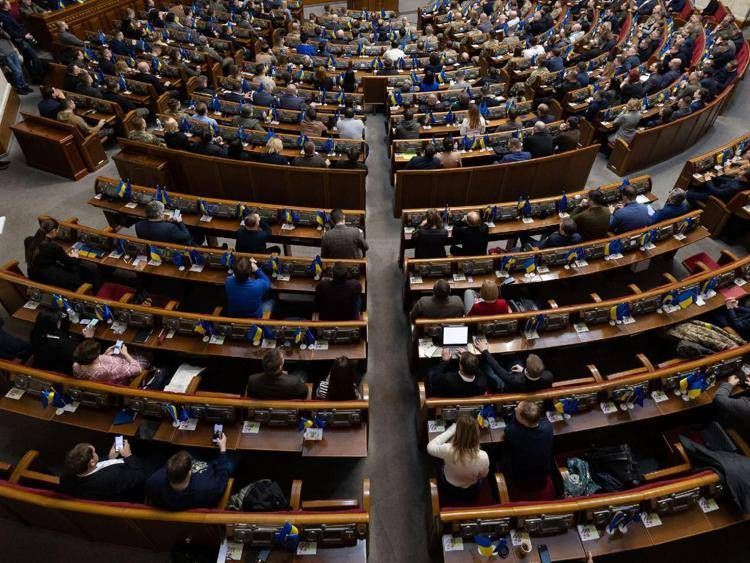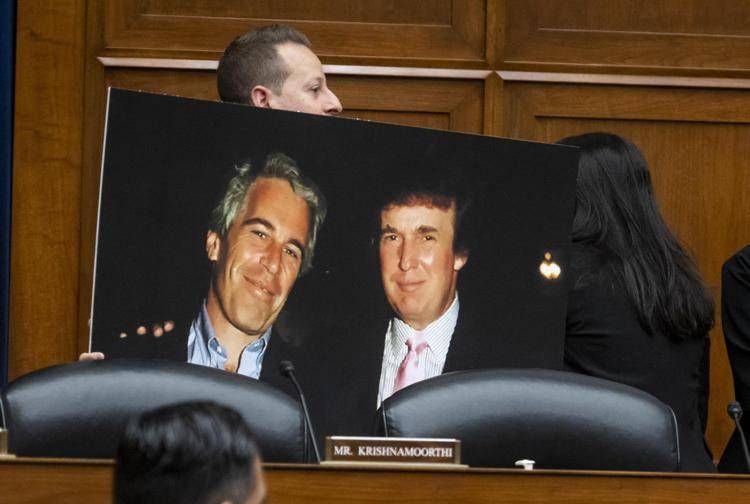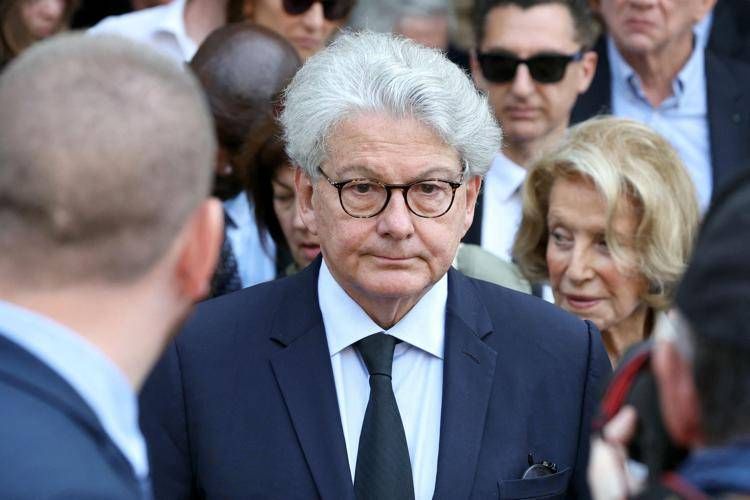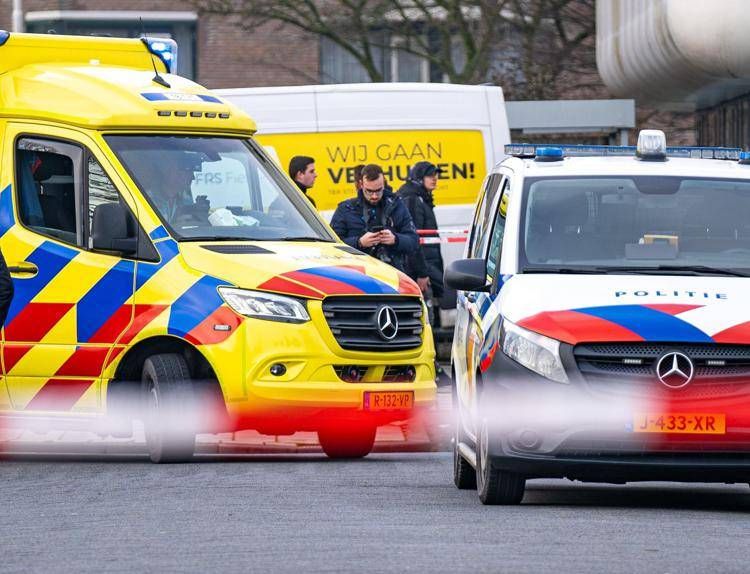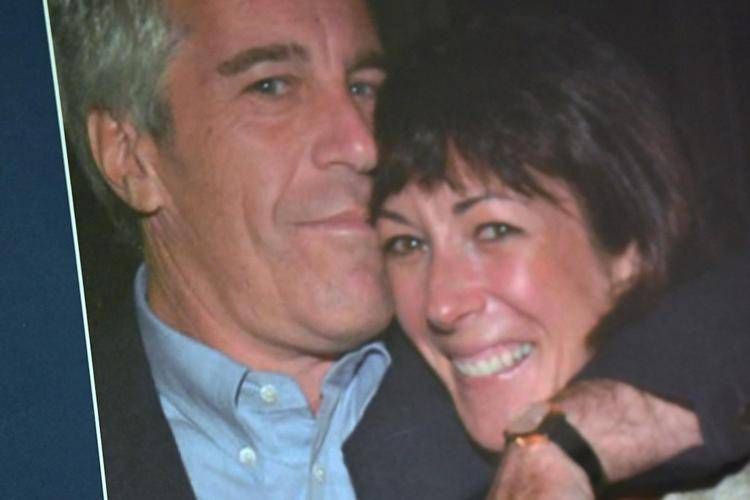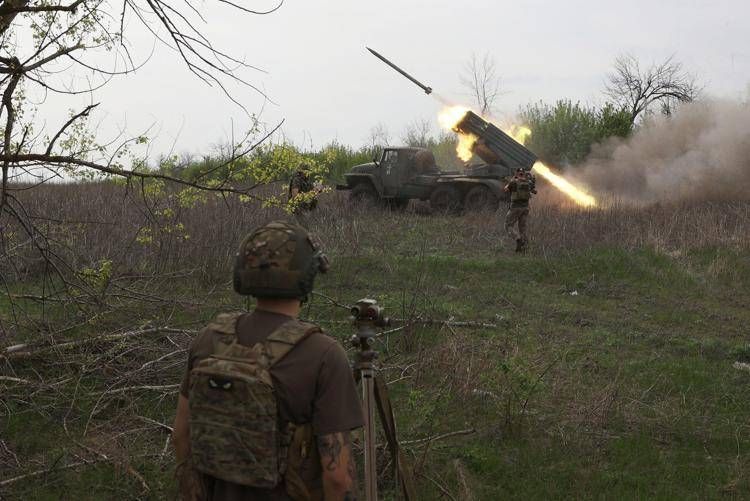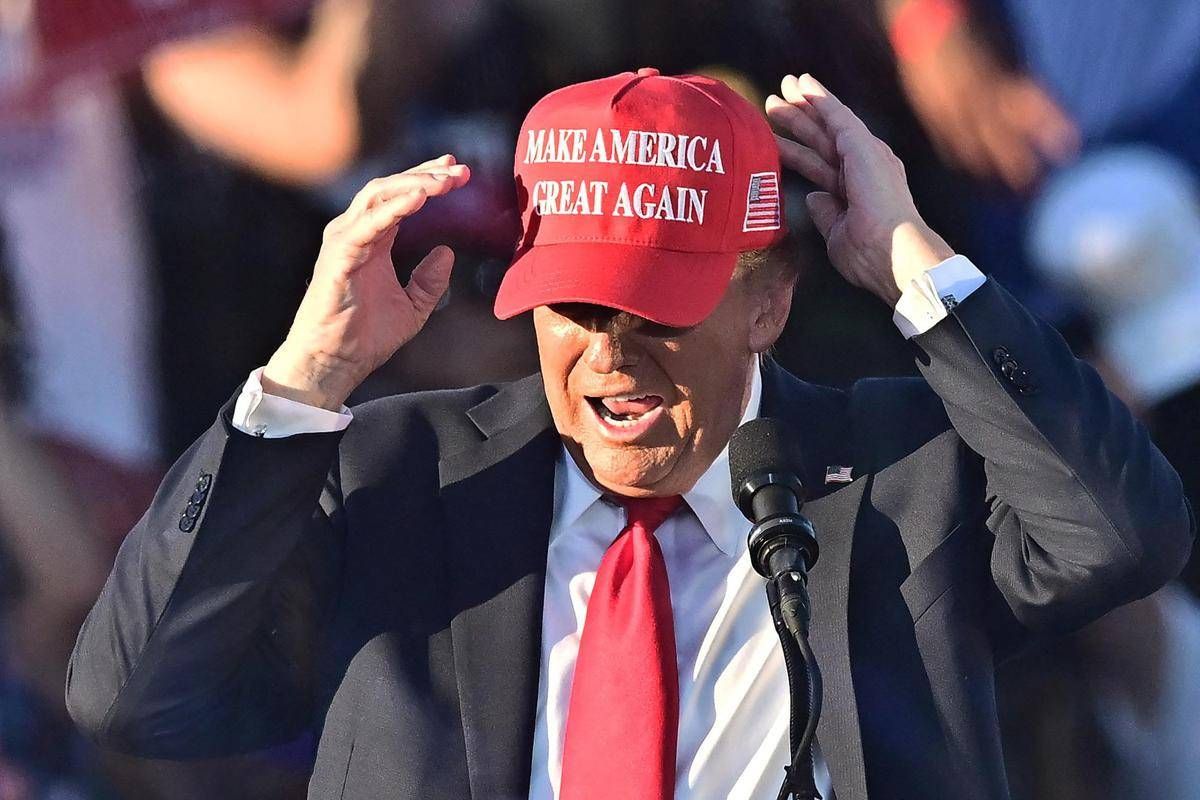
Pope Leo XIV, the American who can help Europe resist the Maga wave
-


Attacco Usa in Nigeria contro l’Isis, Trump: “Risposta al massacro di cristiani” VIDEO
-


Frana a Cormons: disperso un giovane e un’anziana sotto le macerie VIDEO
-
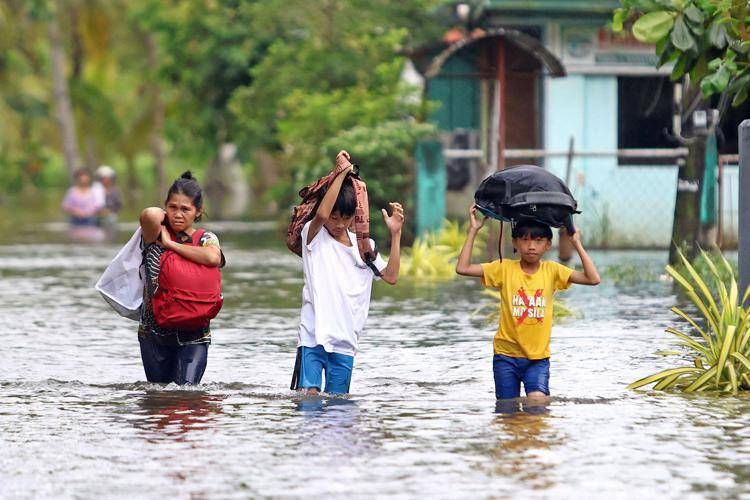

Tifone Fung-Wong colpisce le Filippine: un milione di evacuati VIDEO LIVE
-
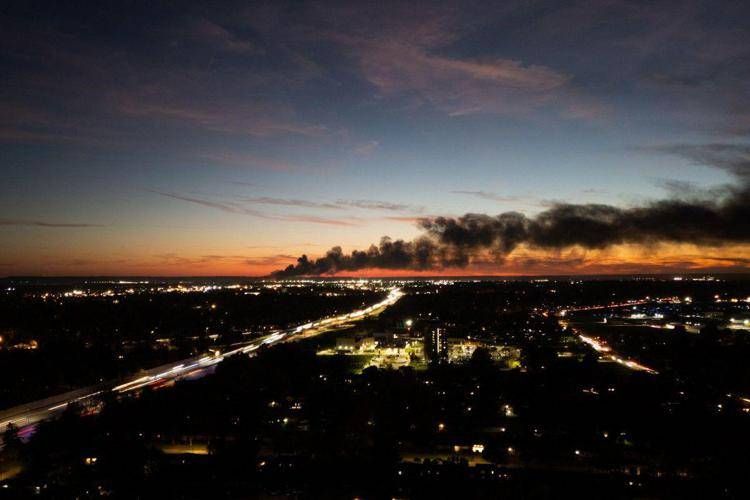

Cargo Ups precipita in Kentucky: sette morti e diversi feriti VIDEO
The election of Cardinal Robert Francis Prevost to the papal throne marks a symbolic and geopolitical turning point: it is not Trump’s America that enters the Vatican, but a different, open, missionary, dialogical America
The most immediate reading is often the wrong one. The election of an American pope, Leo XIV, Robert Francis Prevost, may superficially be seen as another step toward a world subservient to the interests of the United States, now embodied by President Donald Trump. But one only has to look more closely at the profile of the new pontiff and his history to understand that geographical affinity does not imply political affinity. In fact, just the opposite.
Prevost may prove to be a balancing point, if not a counterweight, to the nationalist and isolationist drifts of the current American administration. His election was possible precisely because he represents a different America: one of missionaries, of bridges built between cultures, of the world’s peripheries. A Church that speaks the languages of dialogue and inclusion.
His missionary past, long experience in Peru, theological training and membership in the Order of St. Augustine – which historically combines contemplation and action, thought and charity – make Leo XIV a Pope who can speak to Europe. Not as an antagonist, but as an ally. A Pontiff who does not close himself in the Vatican enclosure, but intends to remove borders, inside and outside the Church. And it is in this sense that he can be called anti-Trumpian, not by ideology, but by worldview.
His first words as pope evoked bridge-building, unity in diversity, the search for communion. Themes far removed from Maga rhetoric. And this distance has not escaped American public opinion. If Trump reacted in ceremonial tones, calling the election “a great honor for our country,” the hard wing of Trumpism immediately turned up the heat. Steve Bannon branded him “the worst Pope for Maga Catholics.” Conspiracy influencer Laura Loomer called him “a Marxist puppet like Francis.”
Words that tell more about the ideology of those who utter them than the profile of the new Pope. Prevost is neither a politician nor an activist, but his pastoral style and cultural openness represent an implicit challenge to aggressive populism. And it is precisely the fact that he embodies this challenge as an American that can turn his election into an opportunity for Europe: a chance to reinvigorate a transatlantic axis based not on tactical interests but on shared values.
The joint statement by European Commission President Ursula von der Leyen and European Council President Antonio Costa is clear in this regard: “We are confident that Pope Leo XIV will use his voice on the world stage to promote these shared values and encourage unity in the pursuit of a more just and compassionate world.”
Pope Leo XIV will not play politics. But in the times in which we live, every gesture and word of the Pontiff has political value. His election is a message, especially for those who know how to read it: it is not the consecration of Trumpian America, but the reaffirmation of a universal Church that knows how to distinguish between power and service. And which, perhaps, thanks precisely to an American pope, can today help Europe resist the wave that would like to sweep it away.
THE LATEST NEWS
(Source and Photo: © AndKronos)
-

 World2 giorni ago
World2 giorni agoGelo in Siberia, fino a -56 gradi in Jacuzia e disagi diffusi
-

 Flash2 giorni ago
Flash2 giorni agoIncidente sulla Ss 106 Jonica, coinvolta auto della scorta di Gratteri
-

 World2 giorni ago
World2 giorni agoScontri tra Cambogia e Thailandia, accuse reciproche di bombardamenti
-

 Flash2 giorni ago
Flash2 giorni agoProiettile vagante a Pomigliano d’Arco, 47enne ferito mentre passeggia


